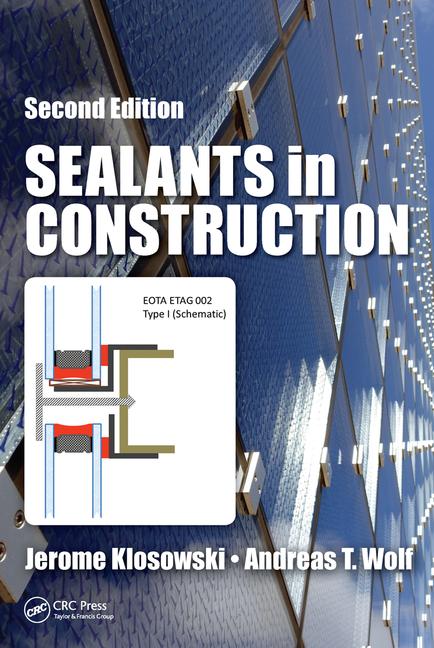CORTEC: Quick-Start Guide on Direct-to-Metal Coatings for Construction Applications

Construction sites and facilities have many metal structures and equipment components that need protection. (Image courtesy of Cortec.)
Cortec® MCI® recently released a new coatings guide designed specifically for the building maintenance and construction industries. This two-page handout gives a quick introduction to Cortec Micro-Corrosion Inhibiting Coatings™ technology before getting down to basics on how and where to apply which coatings. The guide is designed to help engineers, contractors, and maintenance crews easily protect structural steel and metal equipment around their facility or construction site.
Construction sites and facilities have countless metal structures or equipment components that need protection—from structural steel to steel plates, metal platforms to stairs and banisters, and metal HVAC components to decorative architecture. Depending on the surrounding environment (e.g., outdoors vs. indoors), some will be at higher risk of corrosion and require heavy-duty protection. Others may need a simple layer of coating to improve appearance and delay gradual oxidation. This quick guide helps simplify coatings selection so workers can get down to the business of protecting their assets with a good coating combination for each specific application.
The new guide briefly outlines a critical part of coatings success—how to properly apply a system. For best results, this includes good surface prep (e.g., rust removal), optional rinsing, and the final application of a primer plus one or more topcoats. The actual number of coatings chosen can depend on the durability and aesthetics required on a case-by-case basis. According to the company, many of its coatings can be applied directly to metal, and some can function as metal primers, topcoats, or intermediate coats for more flexibility. The brochure includes a full coating system application example to show how this might be done.
Another important part of the new construction coatings guide is the listing of specific features for each primer and topcoat. These characteristics can mean the difference between which coating will be used inside vs. outside, in a strong chemical processing environment vs. a dry warehouse, and so on. Some workers will place the most importance on low-VOC or water-based coatings. The one- or two-part nature of the system can also factor into the equation, as some users want to go quick and easy with 1K coatings, while others desire to benefit from the cross-linking advantages of a 2K coating.
The coatings guide reportedly brings all the coatings together with a comprehensive chart of recommended system combinations for different applications. This is a great reference when workers know what kind of equipment or structural steel they need to coat but feel at a loss navigating through all the different coatings characteristics to choose the right coating on their own. The selection guide offers multiple primer/topcoat combinations that go well together and specific examples of where they can be used:
- Clean structural steel
- Rusted structural steel
- Chemical exposure environment
- Handrails, banisters, steel plates, and mechanical equipment
- Pipes
For more information, visit www.cortecmci.com/mci-coatings-guide-for-construction-applications.
Looking for a reprint of this article?
From high-res PDFs to custom plaques, order your copy today!






